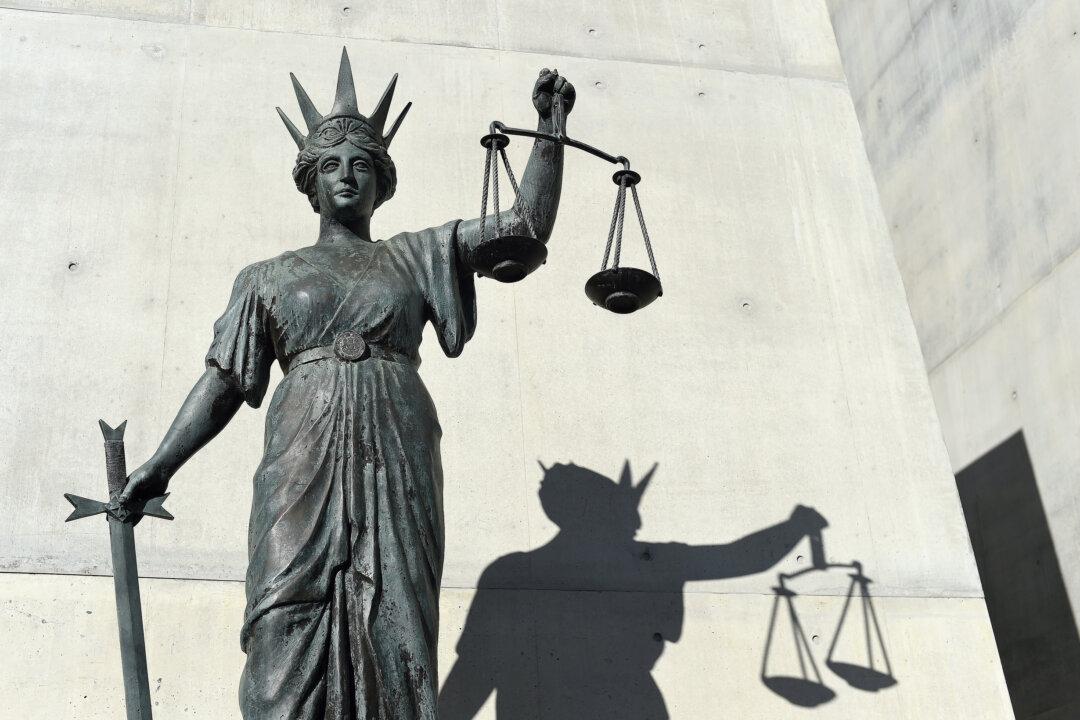Queensland is spending tens of millions to jail more children behind bars than any other jurisdiction in the nation with no impact on community safety, a report says.
There were 219 inmates under the age of 17 in detention in June compared to 172 in 2014, according to a Justice Reform Initiative report released on Tuesday.





